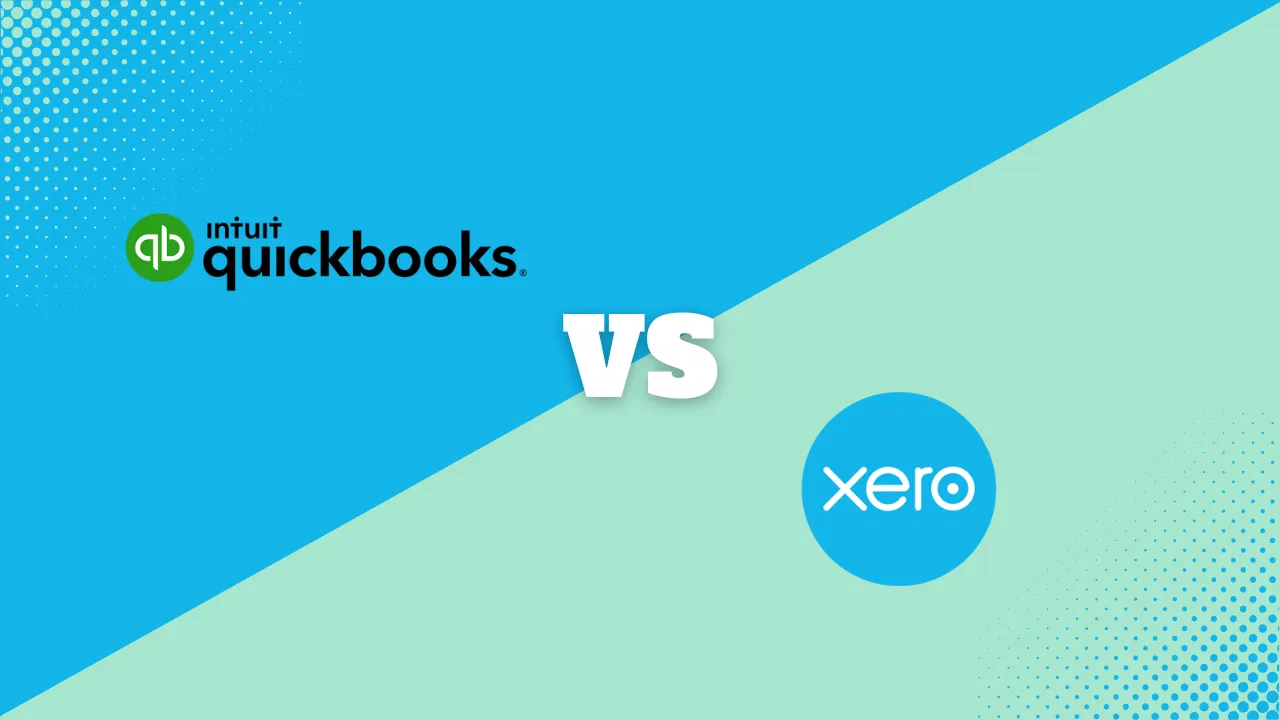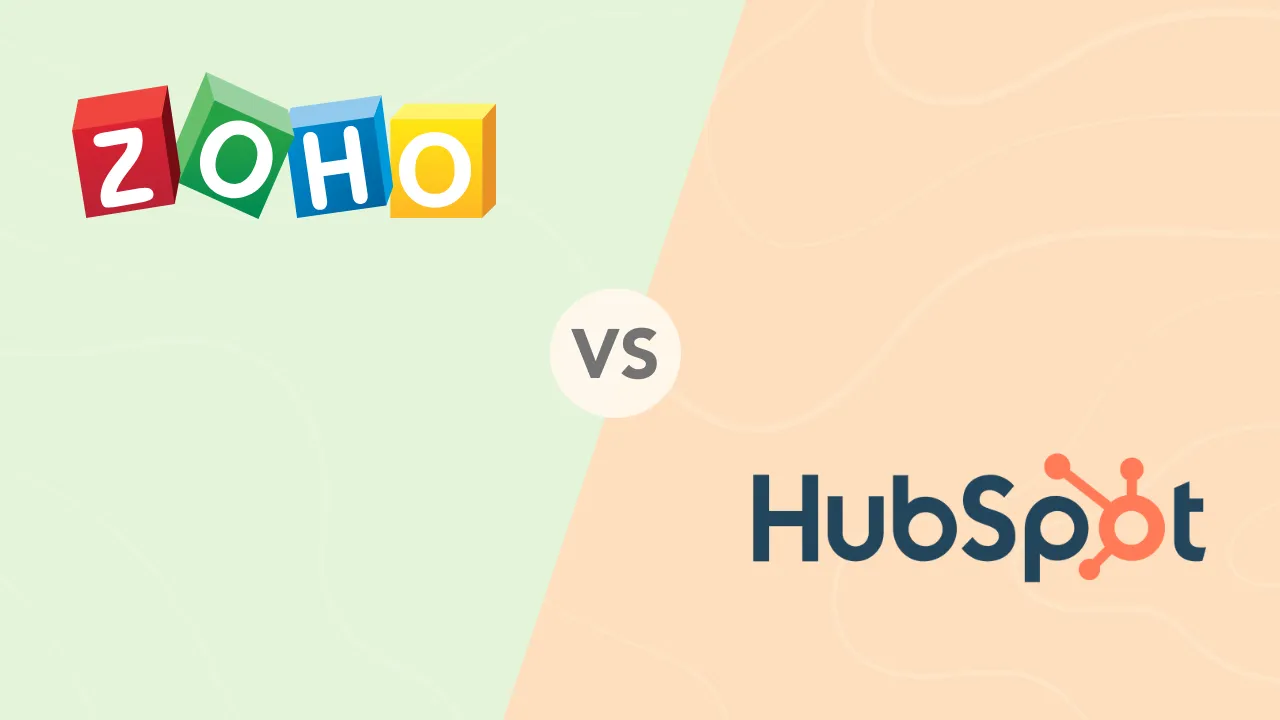Hardware Vs Software Firewalls: What Your Business Needs for Security

Small businesses, mid-size businesses, and large corporations all rely on a safe, secure network connection for their daily operations. Unfortunately, every computer accessible through an internet connection or Wi-Fi network is susceptible to cyberattacks from the outside world. Protect your network and your sensitive data by establishing a firewall.
What is a Firewall?
Firewalls are analogous to police at a checkpoint: the purpose is to analyze the incoming traffic and prevent issues before they arise. In other words, a firewall is cybersecurity that shields your computer and network from unwanted network traffic, hackers, and malicious software, or malware.
When planning your network security solution, ensure that you include firewalls and other IT protective measures to help strengthen your resistance to attacks. The amount and level of protection your business needs can determine the kind of firewall you install. Firewalls can be established using software, hardware devices, or a combination.

Why You Need a Firewall
Keeping company, customer, and personal data safe from cyberattacks is critical for small businesses. With more and more information stored online, make sure only trusted sources and the people with the right permissions have access to your network.
Firewall technology allows you to configure protection for your entire network the way you want. You can establish a set of rules that indicates which connections, like IP addresses or ports, gain access to your local network. A firewall analyzes the rules and provides access to pre-approved users.
A firewall acts as a gatekeeper allowing authorized users access to your network while blocking unwanted or unauthorized sources.
Without a firewall, your computer network will accept every connection with no way of detecting and filtering threats. Malicious intruders could wreak havoc on your system, and your data can be compromised, leading to identity theft and fraud.
Best VPNs Service
ExpressVPN – Leading VPN For Fast Streaming & Privacy
Surfshark – Protects privacy & blocks malware and ads
NordVPN – Connect up to 6 devices simultaneously
CyberGhost – Ultra-fast streaming experience
Hotspot Shield – Fastest VPN For Streaming & Browsing
Types of Firewalls
Network security comprises many layers and types of protection, including passwords, network security keys, and VPNs. However, a firewall is your first line of defense against cyberattacks.
There are two types of firewalls – hardware and software. Hardware firewalls are physical devices positioned between your computer and network device. Software firewalls are internal programs.
Hardware Firewall
Create a hardware firewall, or network firewall, to serve as a gatekeeper for your network server. The hardware device is situated between your computer and the gateway or network connection. The network cable is plugged directly into the hardware firewall, which is then connected to the network devices.
Some internet service providers (ISPs) offer routers that also include firewall features. Hardware-based firewalls provide an additional line of defense against attacks reaching desktop computing systems, however, configuring and maintaining them may require an IT professional.
IT administrators establish firewalls to protect against cyberattacks and keep your companies’ systems and data safe and secure.
A physical firewall device comes with its own operating system, runs 24/7, and provides protection for every computer connected to the server. Hardware firewalls incorporate layers of security, including anti-virus software and network access control via virtual private networks (VPNs).
A packet filter firewall is one type of firewall that is suited for smaller networks. Cisco is a popular hardware firewall solution provider.
Related Articles
Software Firewall
Built-in firewall software is often included as part of the computer’s operating system. It can also be procured from an ISP or a software vendor and downloaded directly from a website. Just like hardware firewalls work as physical barriers to secure networks from hackers and cyberattacks, software firewalls offer protection through programs that reside on each computer of your local network. Many administrators use the software as added protection for the external hardware firewall.
Since software firewalls are installed on each computer on the network, updates and maintenance can be time-consuming – although the initial installation is usually straightforward. The software also resides on the computer it is protecting, rendering it less effective for stopping threats.
Many software security companies offer next-generation firewall software with enhanced threat protection functionality that is easier to implement.
Keep Your Networks Safe and Secure
Your firewall solution will be determined by your budget, network security concerns, desired security features, the volume of internet traffic, and more. Whatever option you choose, ensure you address all your vulnerabilities.
Compare IT solutions, explore our in-depth reviews and informative articles, and choose the best solution for you. Sonary provides you with the knowledge you need to make informed and faster decisions. See our Learning Hub for more articles related to small business technology needs.








